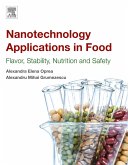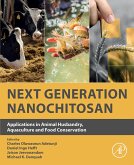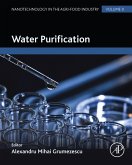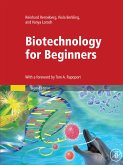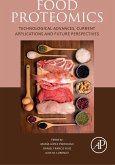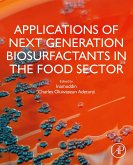Food production and consumption have a strong impact on the environment in terms of greenhouse gas emissions, water, and soil contamination, the reduction of arable land, water consumption, and many other factors, which in turn, negatively affect human health. These issues have consequences for economic development, too.
To address these challenges, it is necessary for scientists with different expertise, policymakers, and economists work together to develop new smart technologies and introduce them to the market, along with adequate regulations. In this regard, a sustainable food production system can be thought of as a chain of procedures with a low impact on the environment that guarantees a secured supply of healthier and fortified food while supporting economic growth.
- Presents an interdisciplinary approach to biosensor technology
- Profiles recent advances in synthetic biology, new material design (biohybrids), nanotechnology, micro/nanofluidics, and information technology
- Aims to facilitate the transfer of agrifood biosensor technology from the laboratory to the market
Dieser Download kann aus rechtlichen Gründen nur mit Rechnungsadresse in A, B, BG, CY, CZ, D, DK, EW, E, FIN, F, GR, HR, H, IRL, I, LT, L, LR, M, NL, PL, P, R, S, SLO, SK ausgeliefert werden.



